What did you tell us about pay and financial support for healthcare students?
We asked for your experiences
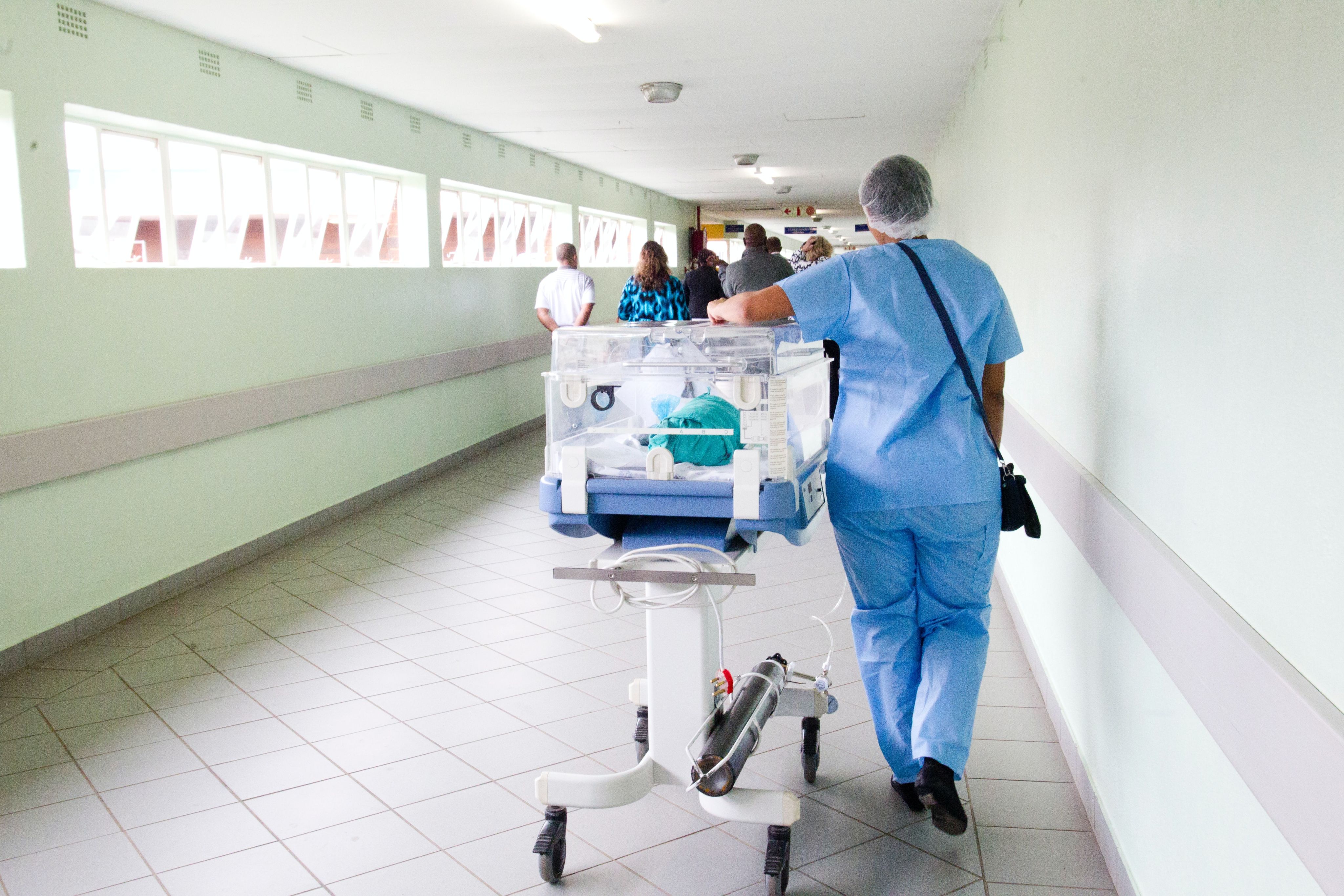
Over 36,000 people signed petitions to improve pay and financial support for healthcare students:
The Petitions Committee scheduled a debate on these petitions in the House of Commons on Monday 20 November 2023 at 4.30pm.

Survey
To inform the debate, the Petitions Committee ran an online survey asking for people's views on pay and financial support for healthcare students, and their workload and responsibilities.
The survey was shared with relevant organisations. It was also shared with signatories of the petitions that triggered the debate.
There were 2,135 responses to the survey.
Below is a summary of some of the key themes that came out in the responses to our survey.
The cost of living

Healthcare students on placement said they were struggling to afford essentials and other spending.
- 60% said it was ‘difficult’ or ‘very difficult’ to afford food.
- 58% said it was ‘difficult’ or ‘very difficult’ to afford energy, including gas and electricity.
- 69% said it was ‘difficult’ or ‘very difficult’ to afford clothing.
Financial concerns were the main reason healthcare students had left or were considering leaving their courses.
- Of the healthcare students who said they had considered leaving, 95% said financial worries were a factor.
- Of the former healthcare students, 88% said financial worries were one of the reasons they left their course.
“I wanted to leave my course this year when I was working on placement and not able to afford food. I was so hungry and my energy was so depleted that it was affecting my work. I was struggling so much financially that the staff resorted to giving me toilet rolls, sanitary products and even paying for some food for me.”
Placement costs
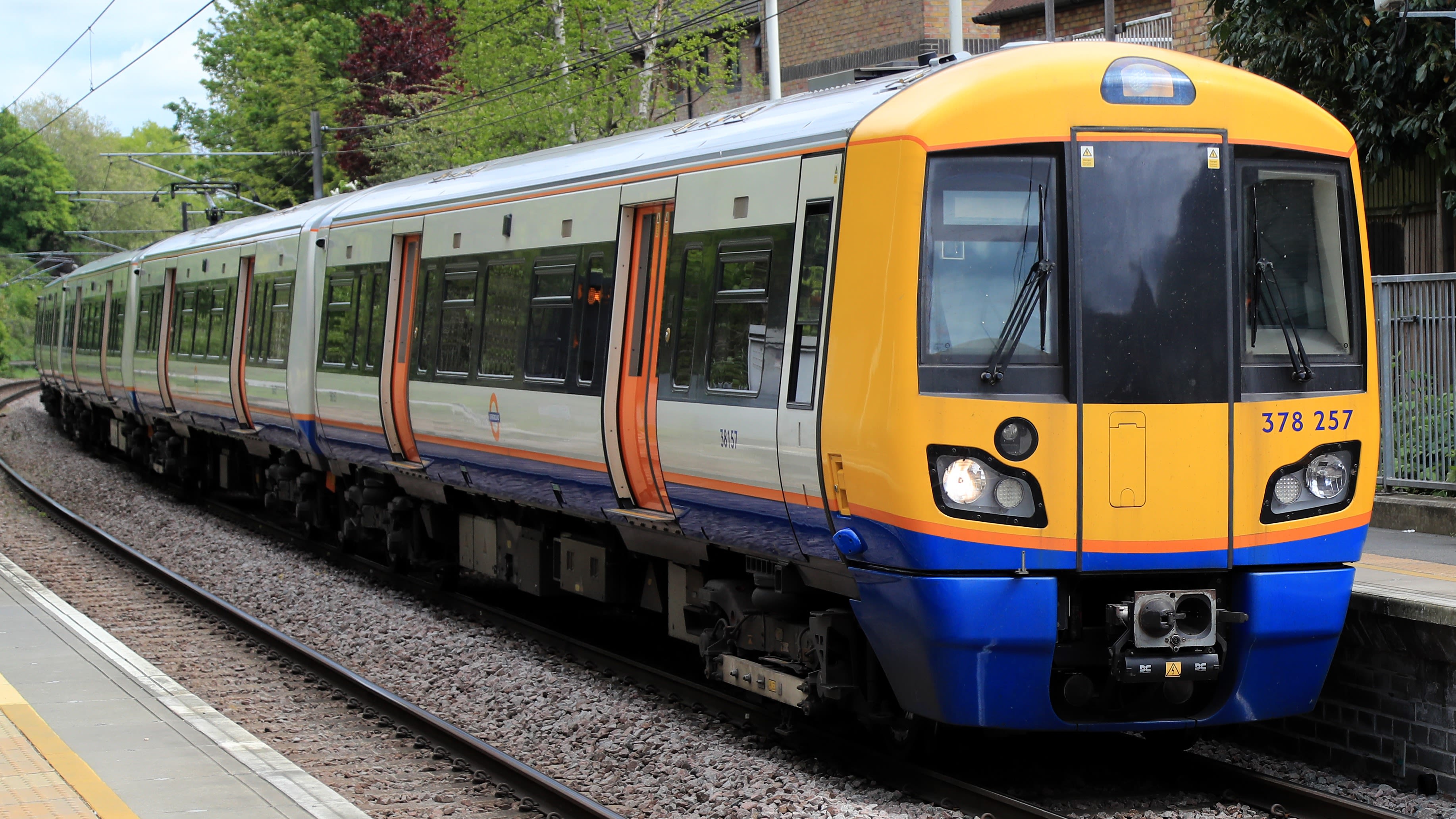
Healthcare students spoke about facing extra expenses due to their placements, such as uniform, transport and childcare costs.
“There are travel and parking costs, uniform costs such as having to size up and buy new uniform, pin badges, fob watches (expensive!) and shoes etc. Cost of food on placement also, as we may not always have time to make food at home on back to back nights for example.”
"Pursuing a career in nursing requires significant financial investment in tuition fees, textbooks, uniforms, equipment, and other educational expenses […] During clinical placements, I also sometimes incur additional costs related to transportation, meals, and accommodation if I am required to travel to different healthcare settings."
Supernumerary status
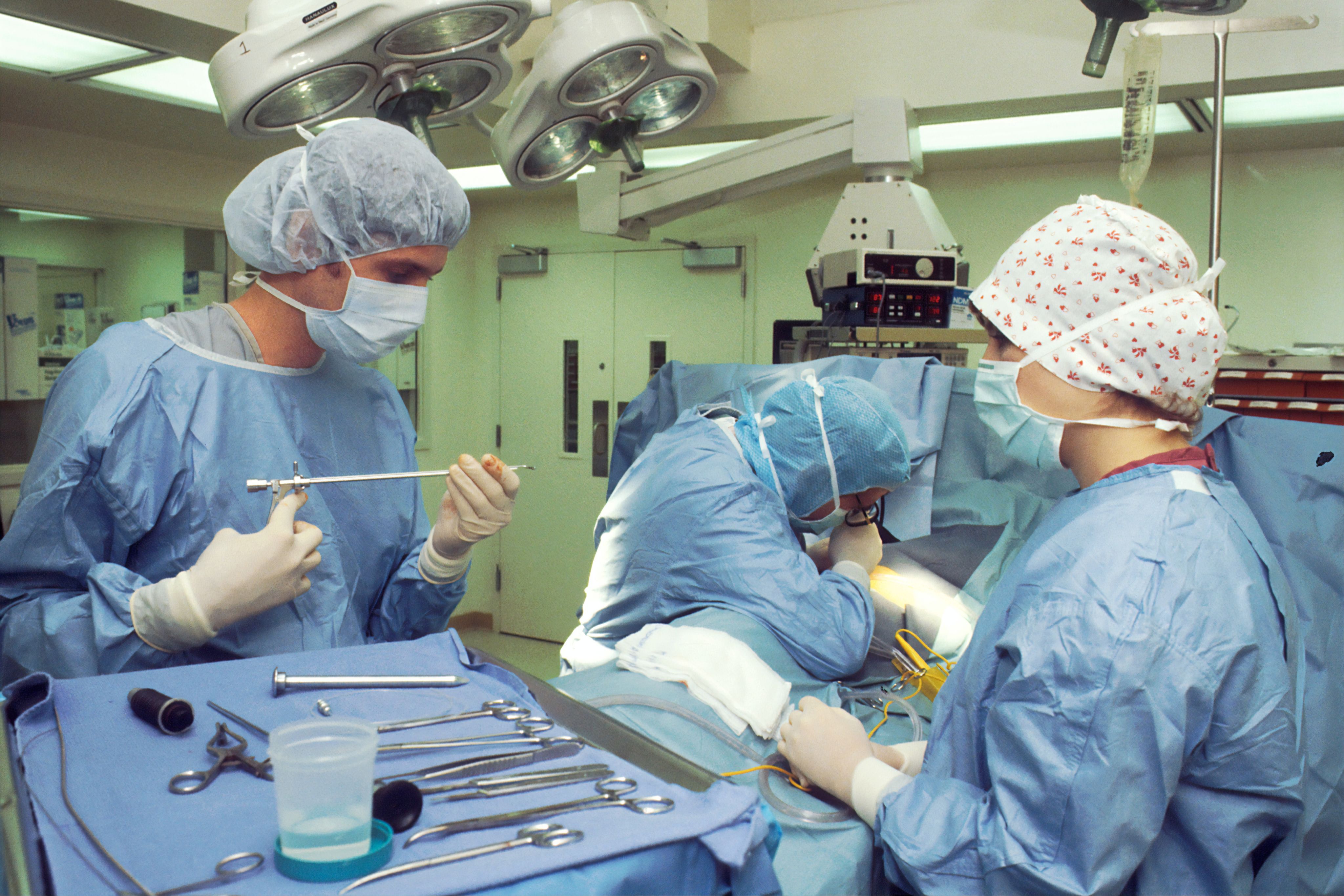
Healthcare students have supernumerary status. This means that they should not, as part of their programme of preparation, be contracted to provide care.
- 60% of healthcare students and 59% of former healthcare students who responded said they were not treated as supernumerary on placement.
- 40% of healthcare professionals who responded said the students they work with were not treated as supernumerary on placement.
“Students are often used to relieve the workload on understaffed wards. As a paramedic student, I once went to a road traffic accident and there were more patients than paramedics. I treated patients on my own administering a variety of treatments on my own, but I did not get paid for it.”
"I do believe I am treated as supernumerary however I have witnessed student nurses being ‘used’ as HCAs [Healthcare Assistants] when staffing is low - which obviously prevents them from accessing so many learning opportunities.”
Workload and responsibilities

Many healthcare students said they found their workload unmanageable or overwhelming. Some said this had taken a toll on their mental health.
- 85% of respondents said they ‘disagreed’ or ‘strongly disagreed’ that current financial support for healthcare students fairly reflected their workload and needs.
- Of the healthcare students on placement, 74% said they worked 30-40 placement hours a week, and 21% said they worked over 40 placement hours a week.
- 71% of healthcare students who responded said they had considered leaving their course in part because the workload was too large.
“During the challenges and workload I experienced during placements, I reached a point of burn out. I experienced extremely low mood to which I sought professional help. I’m still unsure as to whether I will be finishing the course due to my position last year and potential for that to occur again.”
“Throughout placement, as I am also working on top of those hours, I am not able to see my son very often and this has taken a toll on both mine and his mental well-being. When I do get to spend precious time with him, it is hindered by how tired I am, and this is noticeable to him.”
Parenting while studying as a healthcare student

Former and current healthcare students spoke of the difficulties of parenting while undertaking their courses.
Many parents said they were under considerable financial strain and found their workload difficult to manage.
- 45% of the healthcare students who answered were parents. 35% of former healthcare students said they had been parents while studying.
- 93% of respondents said they ‘strongly agreed’ and 5% said they ‘agreed’ that healthcare students should be eligible for free childcare.
- 71% of healthcare students who are parents said they had received a parental support payment: a £2,000 payment for those with a dependent child.
“Being a parent and a healthcare student is almost unmanageable. The physical and mental strain is absolutely draining. Trying to juggle paying for childcare and the fuel for university and my placement plus all of the other financial responsibilities is so difficult. I also have to work part time to get tax free childcare to make it possible, resulting in having to work 53+ hours (between paid work and placement) every week just to afford to live.”
The importance of healthcare students
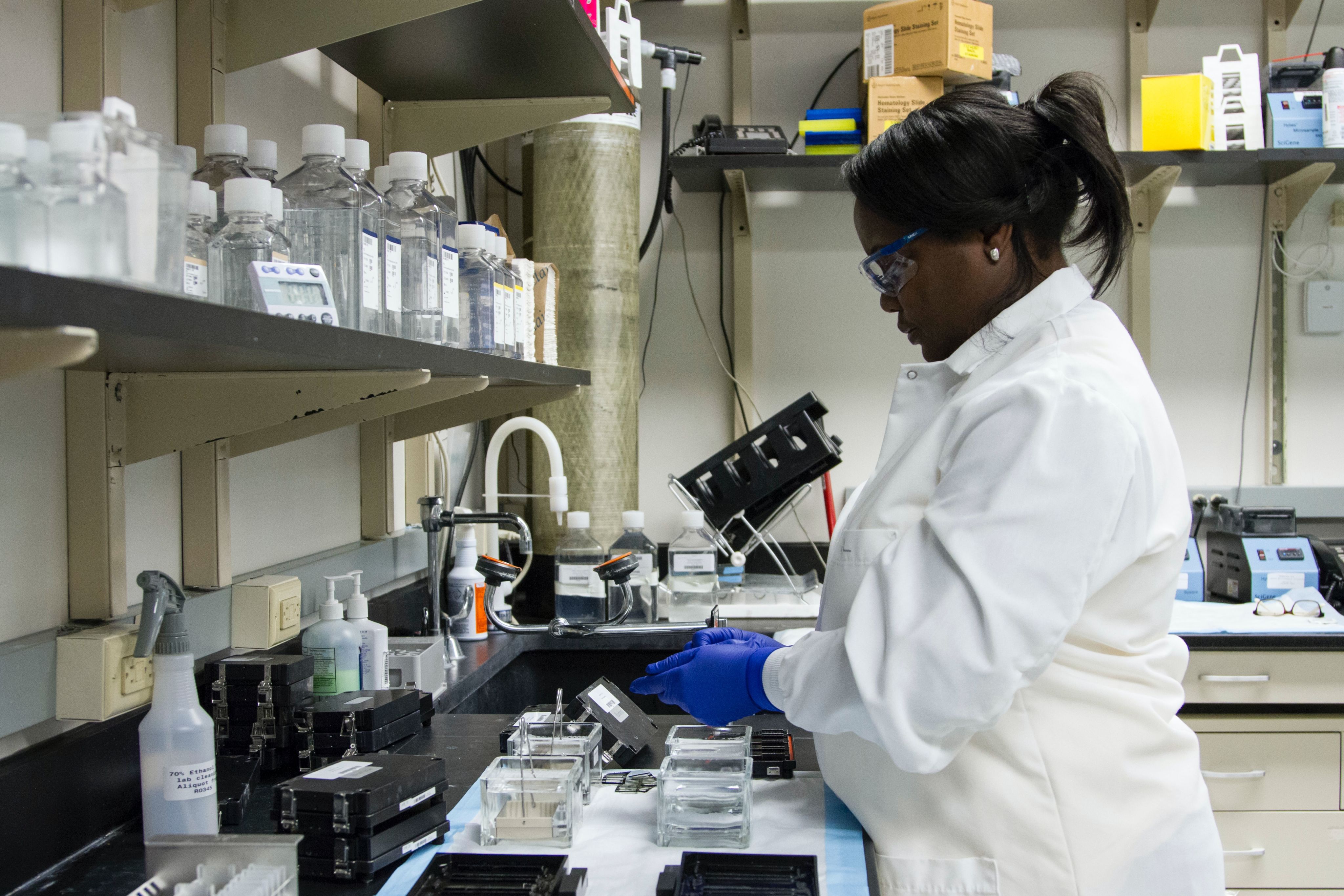
Healthcare professionals spoke of the hard work carried out by healthcare students in the NHS.
- 82% of healthcare professionals who responded said the work carried out by students on placement was ‘important’ or ‘extremely important’ to patient care and the successful running of their hospital or healthcare service.
- 91% of respondents said they ‘strongly agreed’ and 7% said they ‘agreed’ that healthcare students should be paid for placement hours.
“Students work equally as hard as the rest of the workforce and also have to study in their own time. I feel it is unfair they are not paid fully for their hard work. I also feel that if they were paid more fairly it would encourage more people to want to train which is which is what we desperately need right now.”
"Some shifts we would drown without students. It is unfair they are not recognised financially for the contribution they make to keeping the children on my ward safe. I would not be able to afford to train to be a nurse now with 2 small children, with the staffing crisis the way it is. Why are we putting obstacles in the way of those who could be staffing the wards in 3 years time?!”
Read the full survey summary of responses.
Watch the debate on YouTube or read the transcript.
Information, help and support

Information about help and support with:
Get involved
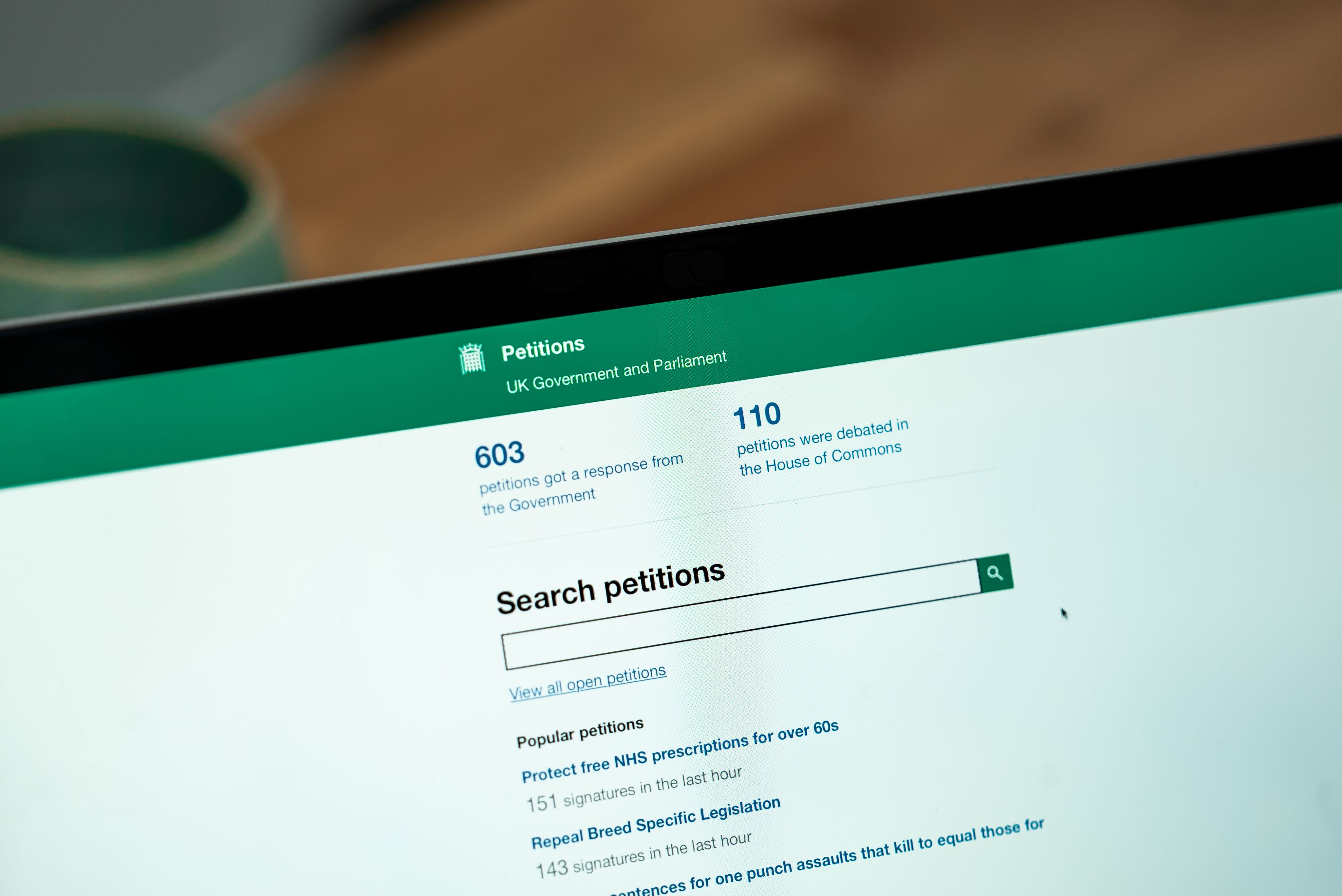
- Find other petitions or start your own on the Petitions website
- As well as starting a petition, you can contact your MP or a member of the House of Lords about your campaign
- Follow us on Twitter to keep up to date with our debates
- Sign up to the Your UK Parliament newsletter for latest info on free activities online and around the UK to help you get involved and make a difference.
Petitions engagement
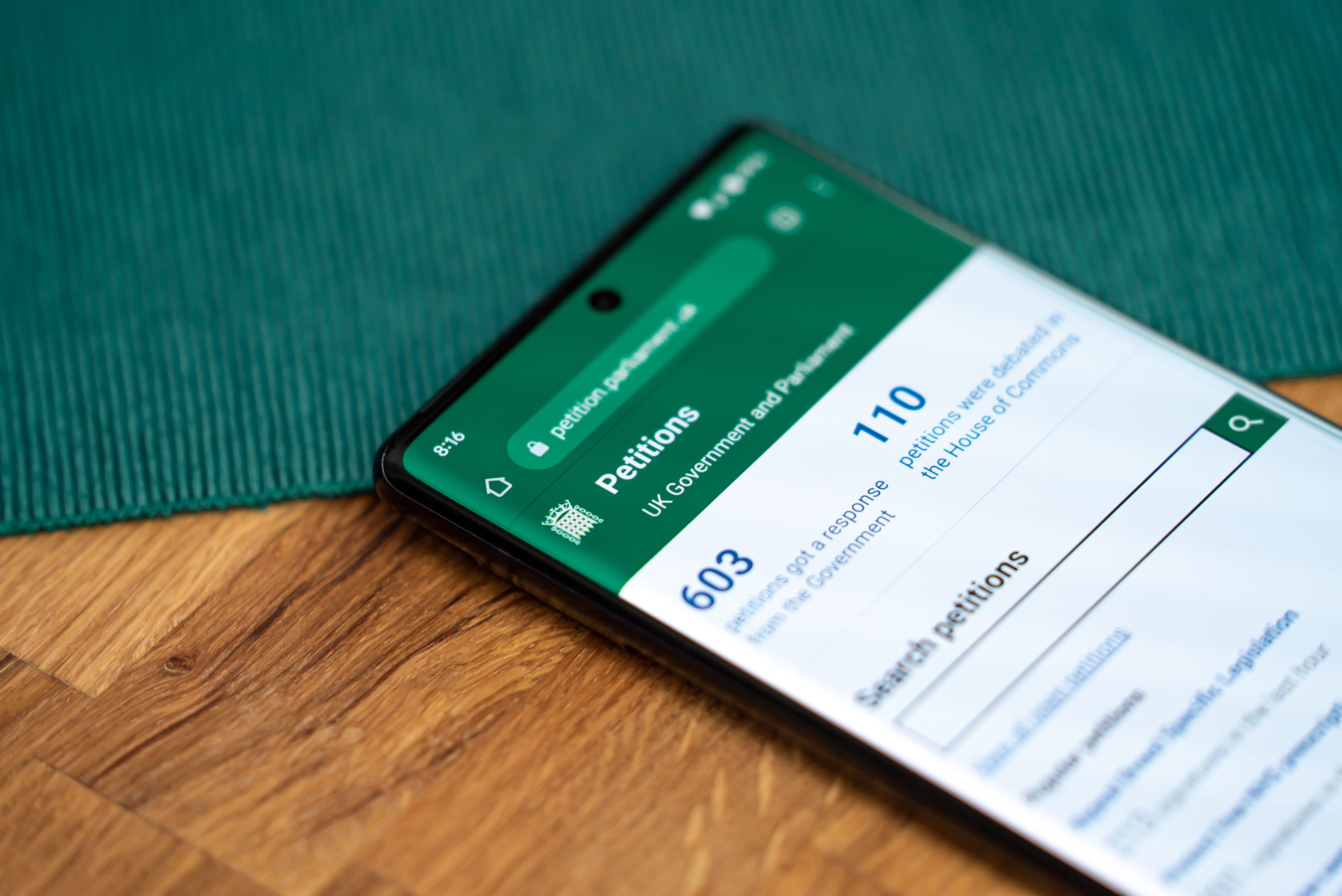
- The Petitions Committee aims to do all it can to connect petitioners and the wider public with petition debates.
- For example, the Committee often create surveys and arrange meetings for people who are directly affected by the issues raised in petitions. They also contact relevant experts to provide information on the topics debated.
- Published summaries of engagement are shared with the member of the Petitions Committee leading the debate and made available to all other MPs.
- The Committee also connect petitioners with other work in Parliament that is relevant to them such as other parliamentary debates and Select Committee inquiries.
